Trump Bid to Take Over Postal Service Could Threaten Mail Voting
Trump’s pending USPS executive order could potentially allow his administration to make mail voting more difficult.
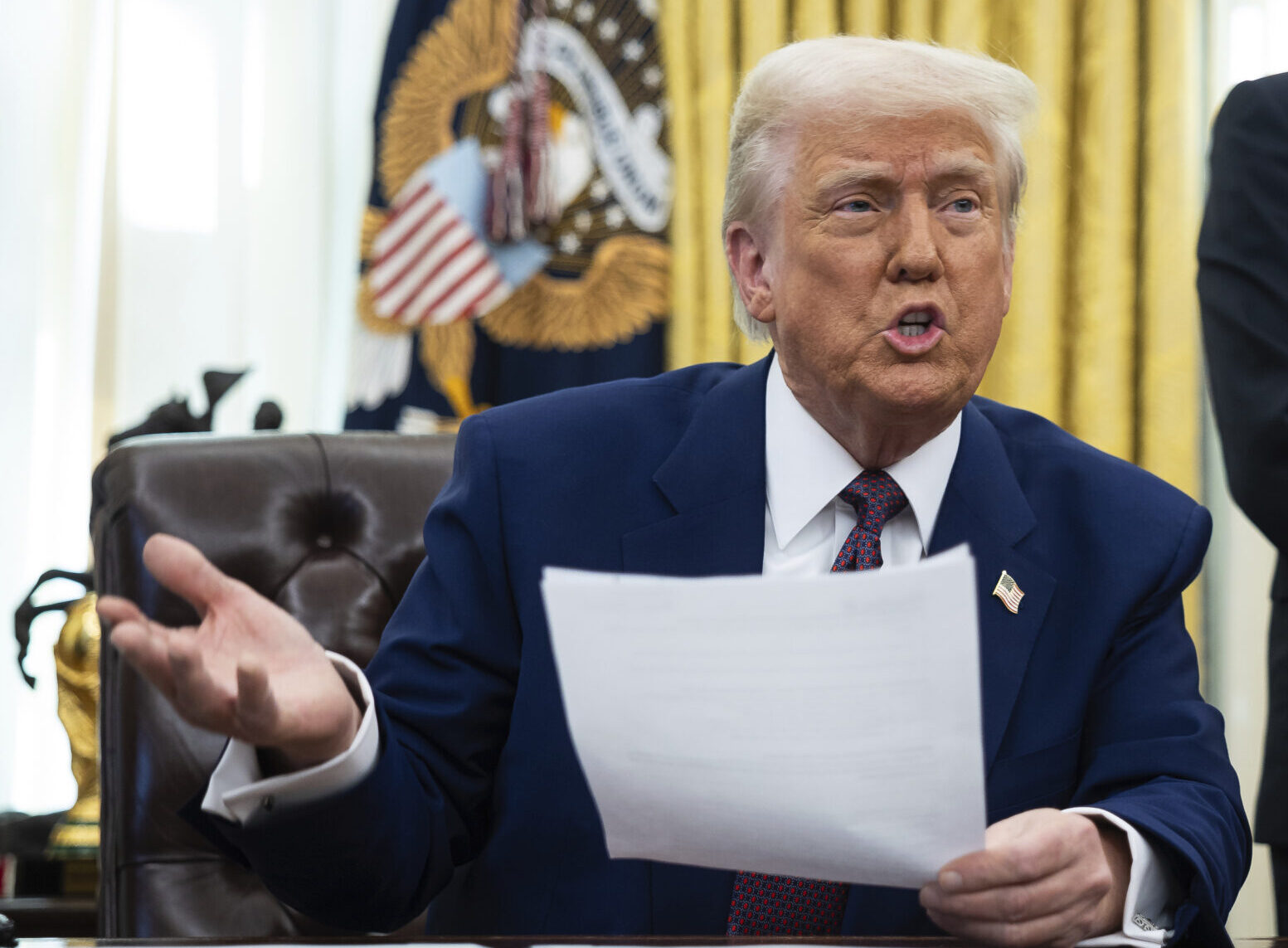
Read more to find out everything you need to know about democracy and voting rights from Democracy Docket’s desk. Use the drop-down menu to organize by topic.
Trump’s pending USPS executive order could potentially allow his administration to make mail voting more difficult.

Republicans are trying to strike down the VRA’s Section 2 the same way they dismantled Section 5. Here’s how it’s different.
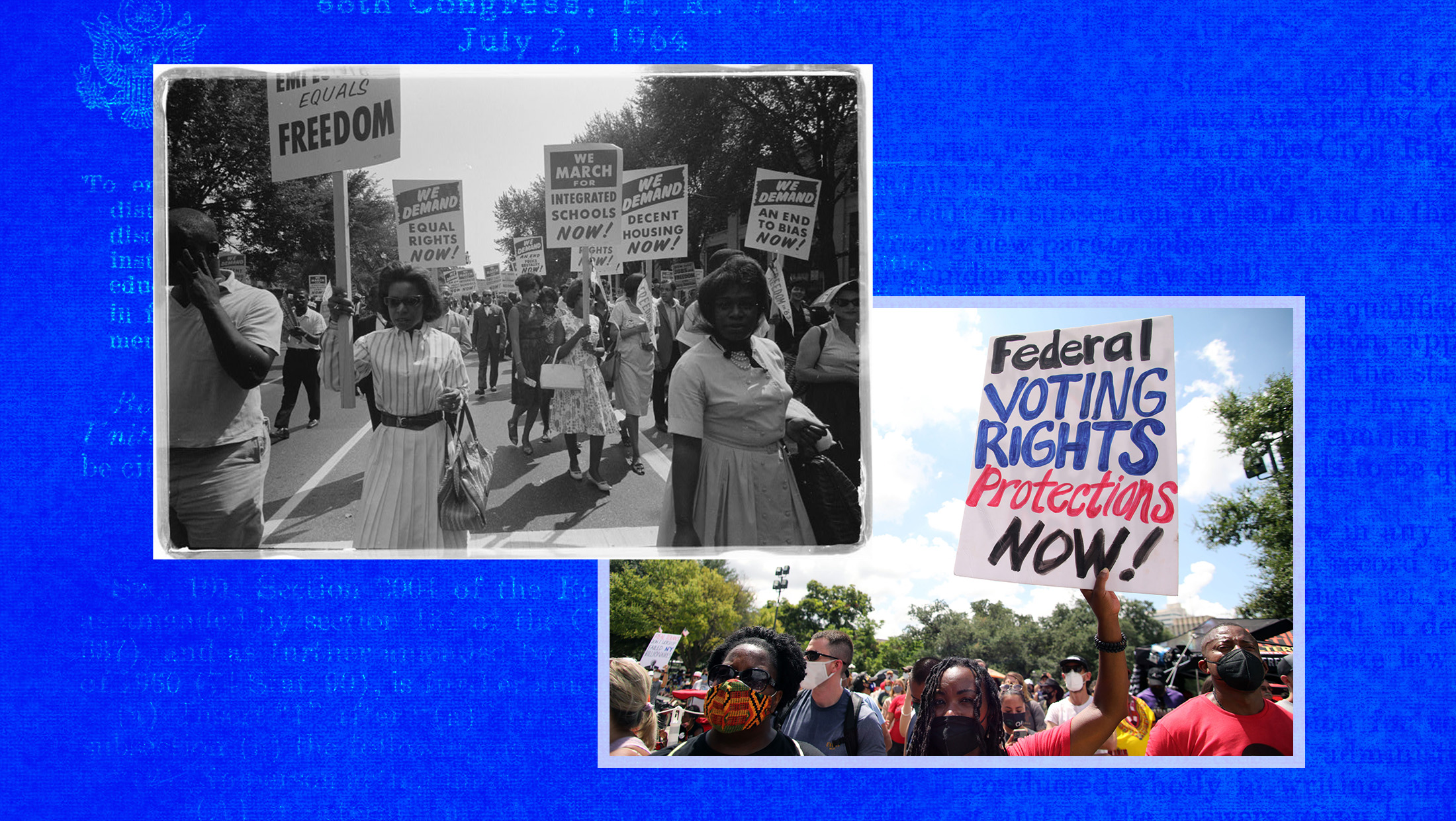
Disinformation around noncitizen voting plagued Virginia last year and many voting rights experts and advocates fear a repeat in 2025.
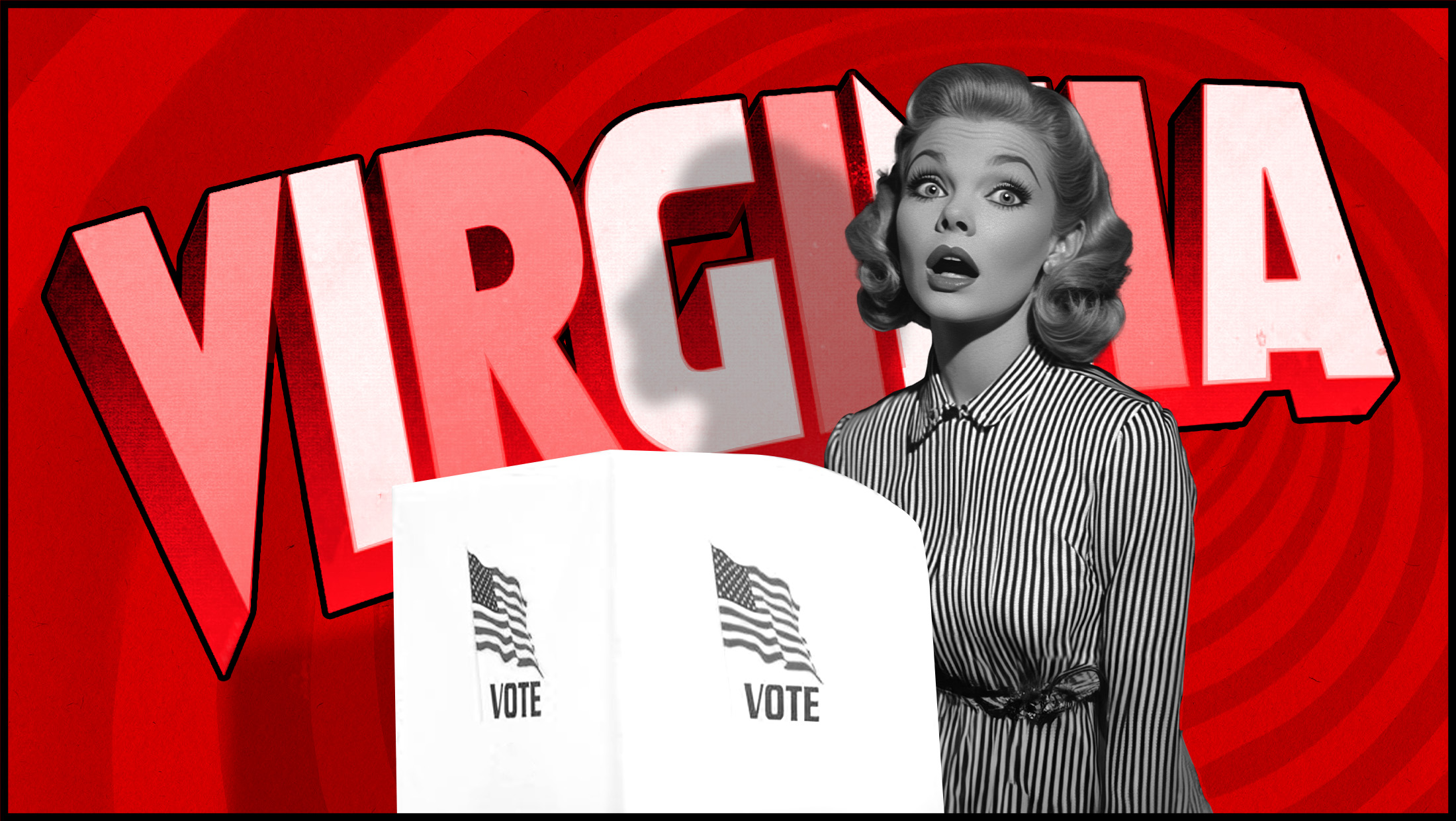
As a GOP candidate is seeking to overturn his election loss, the future of the North Carolina Supreme Court’s composition — and free and fair elections more broadly — hangs in the balance.
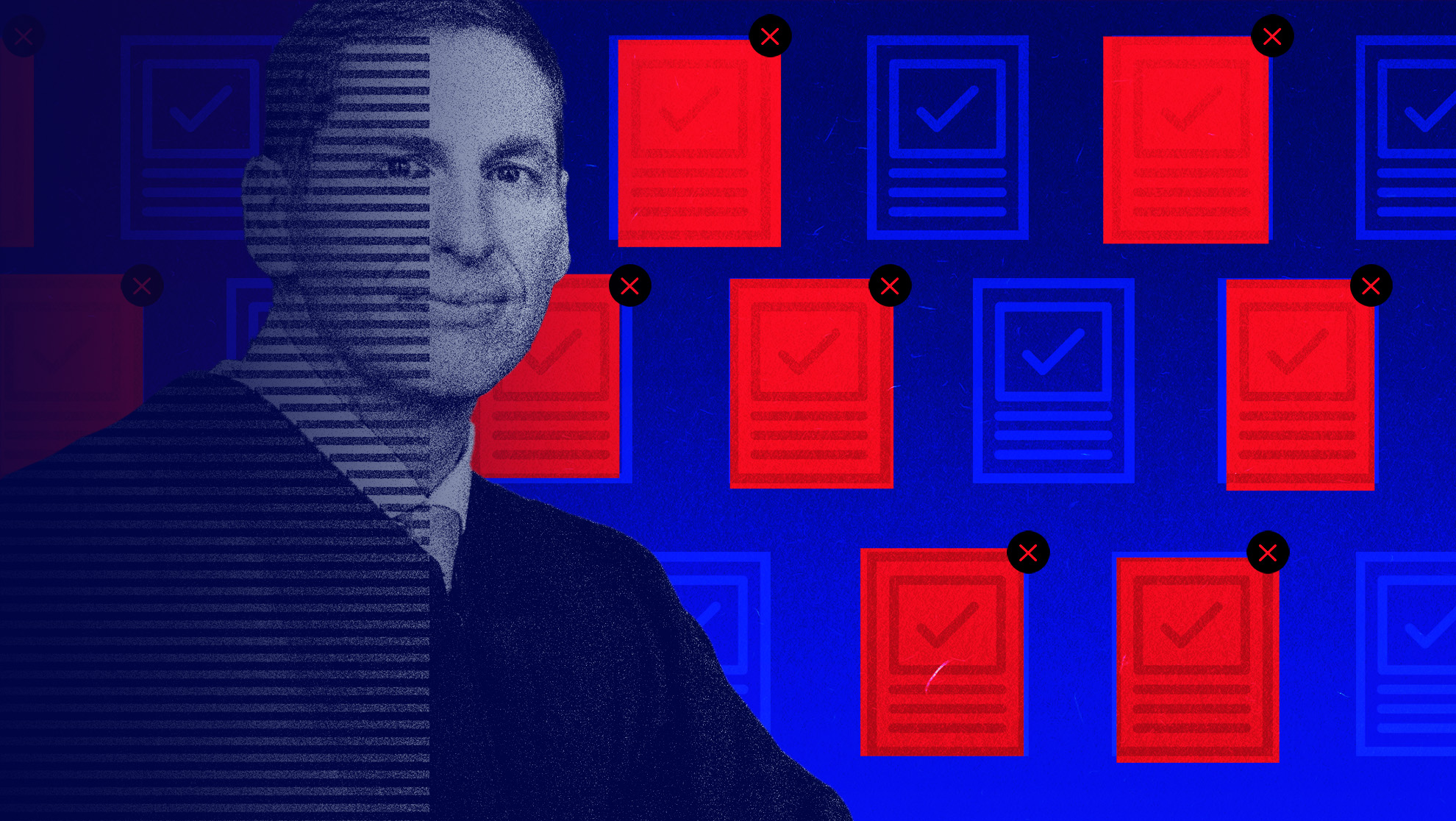
Many voters are understandably fatigued from the lead-up to and aftermath of the consequential 2024 election, but Wisconsin voters have another influential election on the horizon — with national implications.
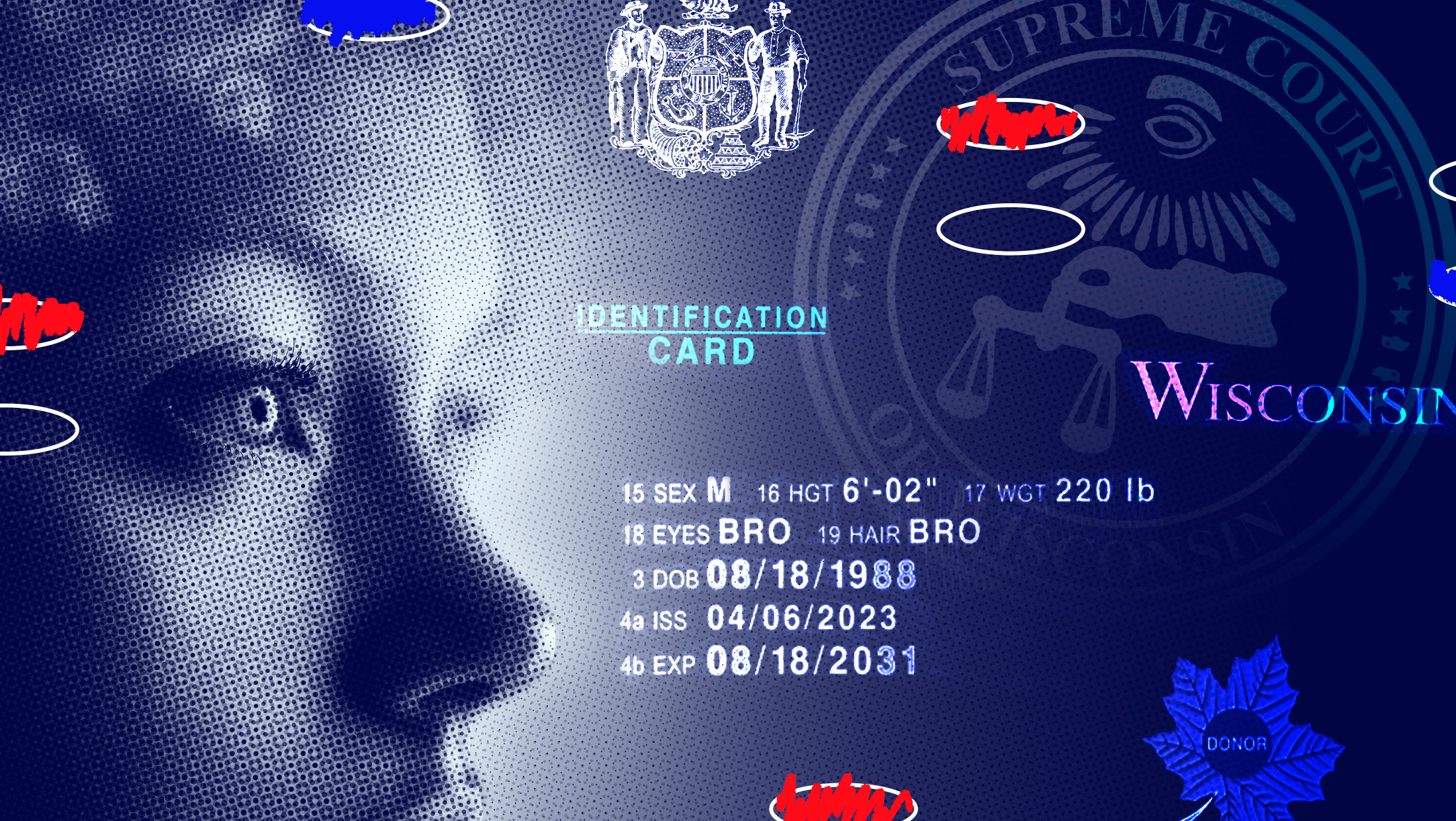
Republicans are pushing for a proof of citizenship requirement to serve their own ends while perpetuating harmful myths about noncitizen voting.

Project 2025 calls for gutting the Cybersecurity and Infrastructure Security Agency, which election experts say could have a huge impact on election security.

While a single seat on the North Carolina Supreme Court, which already has an overwhelming Republican majority, may seem insignificant, this race has the potential to set a dangerous precedent for future election challenges.

The U.S. Supreme Court only selects a few cases to hear during its session, which lasts from October to December each year, and multiple cases under consideration could significantly impact voting rights.
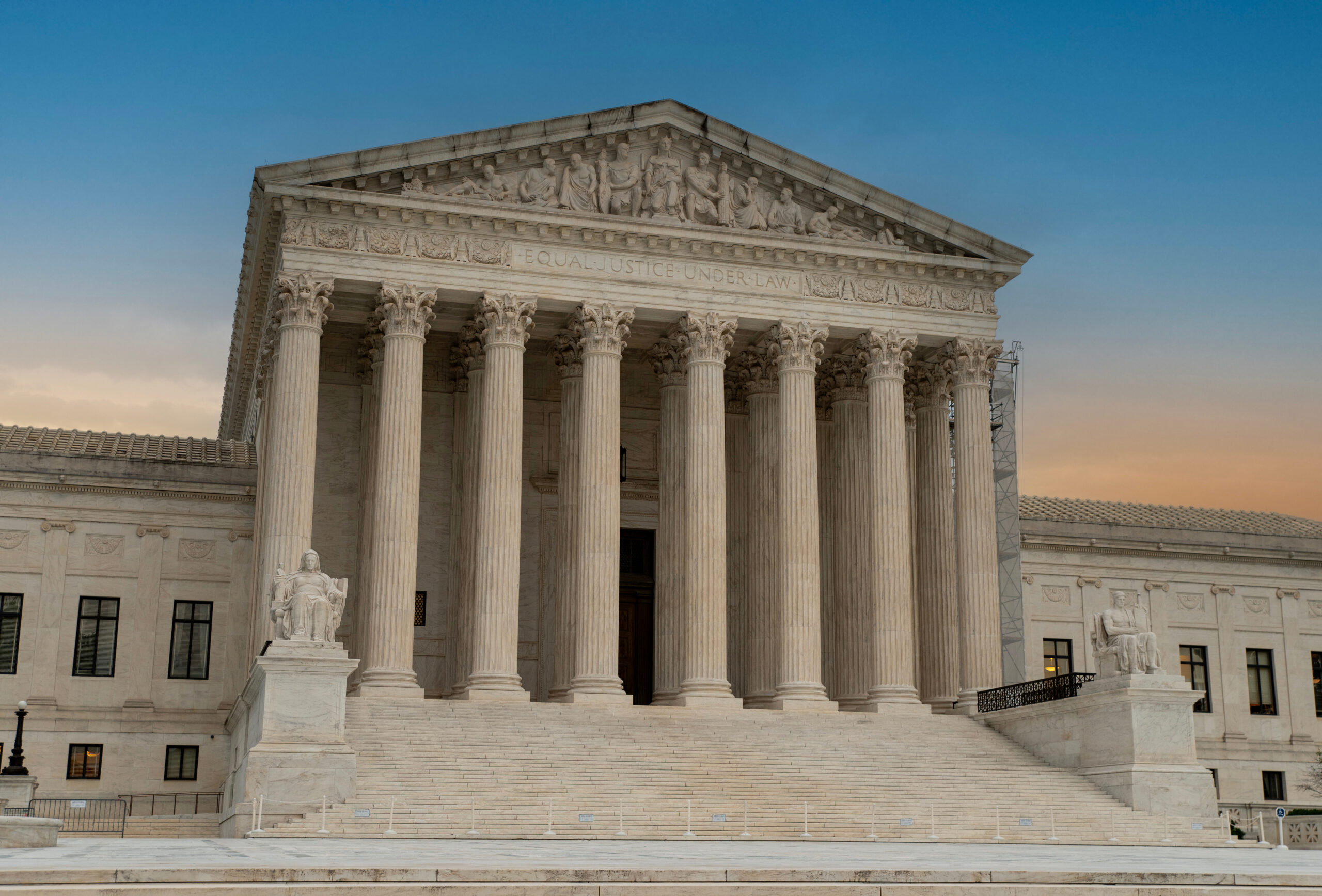
From “Wicked” on screen to the actual wicked return of Trump in the White House, here are Democracy Docket’s best and worst of 2024.
